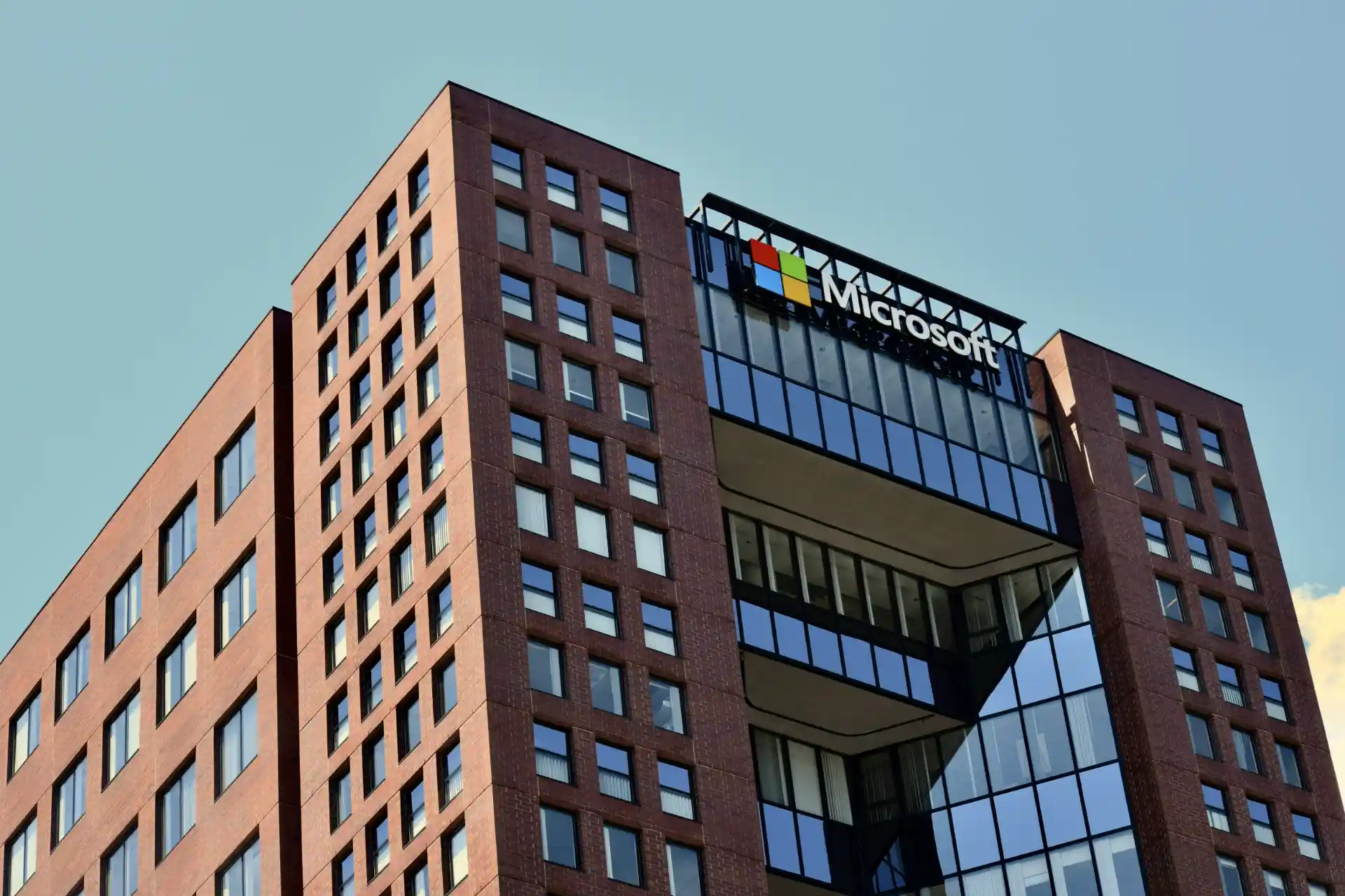SharePoint under attack: the alert that exposes critical flaws in access governance

What is behind the new global attack and what it teaches about maturity in GRC
A zero-day failure in Microsoft SharePoint triggered a series of cyber attacks against governments, universities and companies in several countries.
With no immediate fix available, the vulnerability reduced the hidden risk of local servers and generated a global race to mitigate impacts before the damage became permanent.
But what does this episode reveal, in practice, about current models of access control and cyber resilience? And why does it represent a water divider for maturity in GRC?
When vulnerability is not just from technology, it is from governance
Attacks like the one that affected SharePoint don't just compromise the technical layer. They reveal systemic management failures: improper permissions, lack of visibility over inactive users, failures in segregation of functions and lack of continuous control.
In most cases, the problem is not in the exploit itself, but in the lack of monitoring and quick response. Organizations that still operate with manual reviews, email approvals, and retroactive audits simply can't keep up with the pace of threats.
The static conformity fallacy: why do risks escalate so quickly?
The traditional security model, based on quarterly checks and documentary checks, is no longer sufficient. It generates a false sense of protection that, in practice, masks unrevoked access, excessive privileges and poorly audited integrations.
In the case of SharePoint, the invaders exploited exactly that gap: poorly monitored local servers, with sensitive integrations to Outlook, Teams and Exchange. Result? Credential theft, seizure of public repositories and amplified reputational risks.
The role of artificial intelligence in preventive response
While companies in reactive mode are chasing emergency updates, organizations that use predictive tools for access governance are already operating with real-time alerts, automatic permission revocation, and deviation detection.
Solutions like Vennx's Oracle exemplify this paradigm shift. Integrated into critical systems such as IDM, HR and ERPs, Oracle analyzes anomalous behaviors, corrects faults before they become violations and ensures continuous adherence to standards such as SOX, LGPD and ISO 27001.
What differentiates resilient companies from vulnerable ones?
Resilient organizations share three fundamental characteristics:
- Continuous governance:automated controls that operate in real time, not just during audits.
- Total visibility of accesses:identification and traceability of who accesses what, when and by whom.
- Integration between areas:GRC, IT, compliance and auditing acting as a single intelligent ecosystem.
Without this, any correction is always late, especially in coordinated attack scenarios.
Predictive CRM is the new standard
It is time to evolve from a model based on static compliance to a predictive CRM approach, with allied tools and governance integrated into the strategy.
At Vennx, we believe that technology is only synonymous with security when it comes with intelligence and context. Talk to a Vennx Expertright now and discover how to revolutionize your access and compliance governance.
Posts Relacionados
Informação de valor para construir o seu negócio.
Leia as últimas notícias em nosso blog.


Da reação à predição: a evolução inevitável do enterprise risk management
ERM reativo está morto. Descubra como IA, continuous monitoring e predictive analytics transformam GRC.





